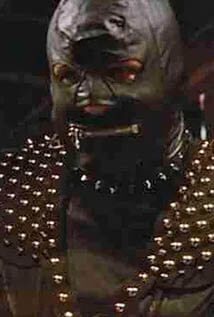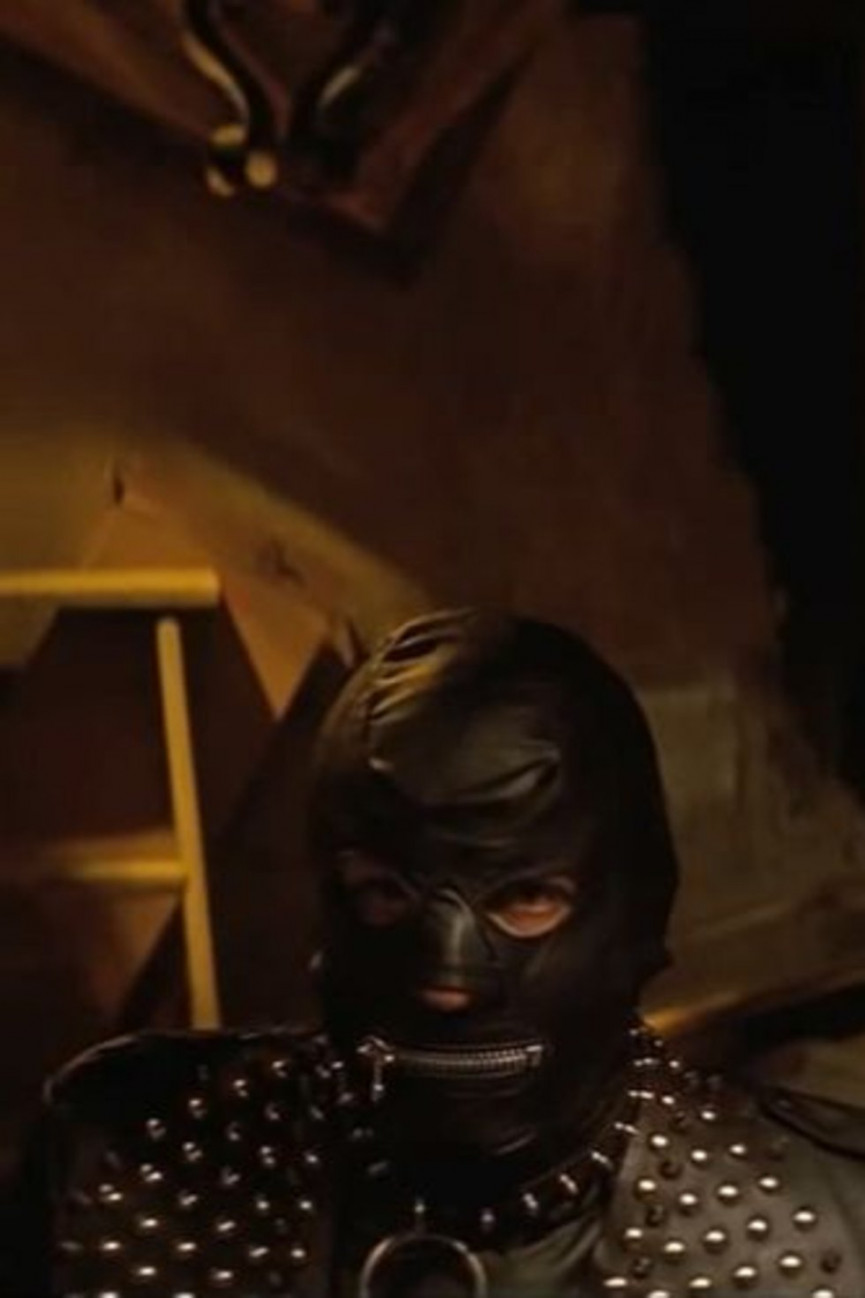

The self-reflexivity, unconventional structure, and extensive homage and pastiche have led critics to describe it as a touchstone of postmodern film. Pulp Fiction is widely regarded as Tarantino's magnum opus, with particular praise for its screenwriting. Its development, marketing, distribution, and profitability had a sweeping effect on independent cinema. It was nominated for seven awards at the 67th Academy Awards, including Best Picture, and won Best Original Screenplay it earned Travolta, Jackson, and Thurman Academy Award nominations and boosted their careers. Pulp Fiction won the Palme d'Or at the 1994 Cannes Film Festival and was a major critical and commercial success. TriStar Pictures reportedly turned down the script as "too demented." Miramax co-chairman Harvey Weinstein was enthralled, however, and the film became the first that Miramax fully financed. The film is also self-referential from its opening moments, beginning with a title card that gives two dictionary definitions of "pulp." Considerable screen time is devoted to monologues and casual conversations with eclectic dialogue revealing each character's perspectives on several subjects, and the film features an ironic combination of humor and strong violence. Its plot occurs out of chronological order.

Tarantino wrote Pulp Fiction in 19, incorporating scenes that Avary originally wrote for True Romance (1993). The title refers to the pulp magazines and hardboiled crime novels popular during the mid-20th century, known for their graphic violence and punchy dialogue. Jackson, Bruce Willis, Tim Roth, Ving Rhames, and Uma Thurman. It tells four intertwining tales of crime and violence in Los Angeles, California. Zed's dead.Pulp Fiction is a 1994 American crime film written and directed by Quentin Tarantino from a story he conceived with Roger Avary. Butch would take Grace (the chopper) as his new getaway vehicle out of the city with his girlfriend Fabienne, telling her that it had belonged to Zed and that "Zed's dead, baby. Afterwards Zed was tortured, mutilated and killed by Marsellus' men. Since Butch saved him Marsellus called off his feud with him, provided Butch left Los Angeles forever and swore that he would keep what happened there between the three of them. He vowed that Zed's suffering had only begun, promising that he would call his crew in to torture Zed with a pair of pliers and a blowtorch. Before Zed could grab the pistol, Marsellus shot off Zed's genitals with the shotgun. Marsellus freed himself and picked up Maynard's shotgun. He then holds Zed at bay with the katana. Butch sneaks up on Maynard and brutally slashed and stabbed him with the sword. Just as Butch was about to leave the pawn shop he realised that he can't leave Marsellus like this and went back to save him, katana in hand. Butch managed to untie himself and knocked The Gimp out. They bent Marsellus over a vaulting horse in the room and Zed raped Marsellus while Maynard cheered him on. Zed chose Marsellus 'randomly' and he and Maynard brought Marsellus to the back room. Zed then arrived and they woke up 'The Gimp.' Later Maynard woke them both up and they found themselves bound and gagged. Suddenly the pawn shop owner Maynard appeared and held Butch at gun point with his shotgun, knocking out Butch while Marsellus slipped into an unconscious state after his fight with Butch. Butch Coolidge was being chased by crime boss, Marsellus Wallace into a pawn shop where Butch nearly killed him. In Pulp Fiction, Zed is a security guard and supposedly Maynard's brother. He was played by Peter Greene, who also played Dorian Tyrel, the main antagonist in the 1994 film The Mask. Zed is the main antagonist of Quentin Tarantino’s 1994 crime thriller film Pulp Fiction.


 0 kommentar(er)
0 kommentar(er)
